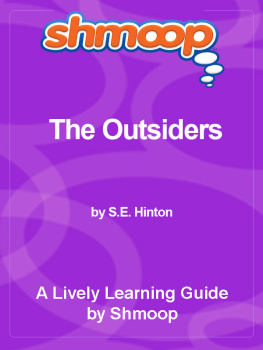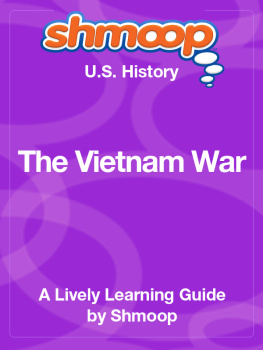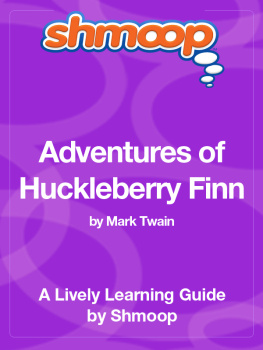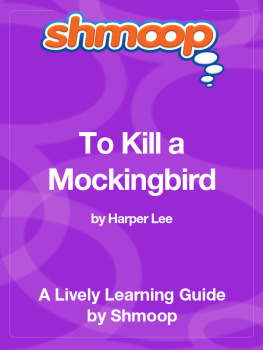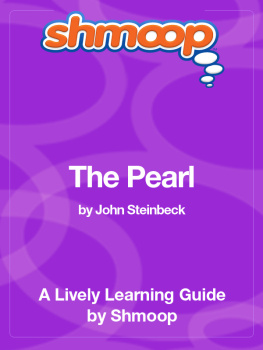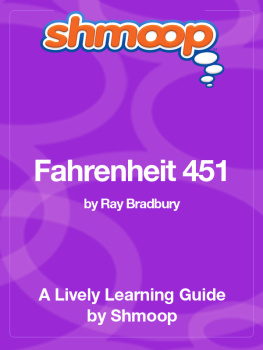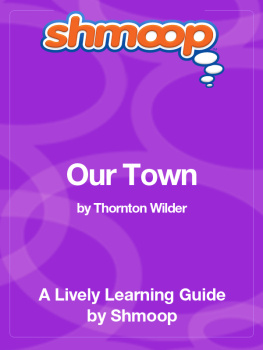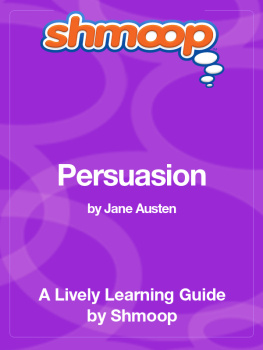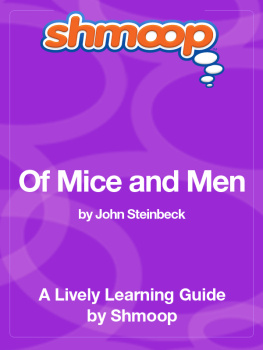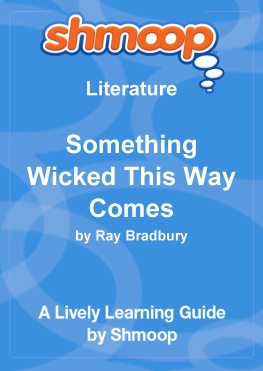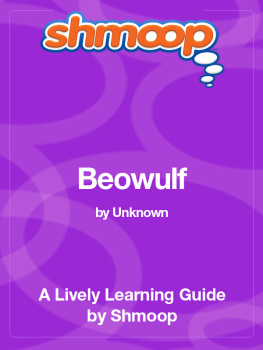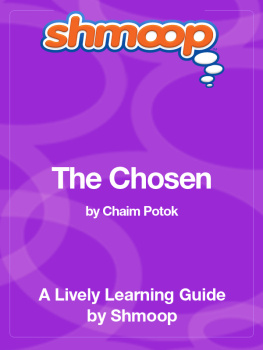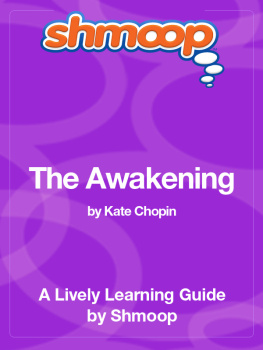
Table of Contents
In a Nutshell/Overview
The Outsiders was first published by American author S.E. Hinton in 1967, though she wrote it in 1965. Now here's the juicy part - she, Susan Eloise Hinton, was a fifteen-year-old high school student at the time! And it gets even better. Hinton's book contract came through on the day she graduated high school (source).
That has to be one of the best graduation presents ever! Especially since the book helped her go on to fame and fortune, plus a movie contract. The 1983 film, directed by Francis Ford Coppola, was a box office smash, bringing in some $25,600,000 (source). Its then young and gorgeous cast includes Patrick Swayze, Rob Lowe, Tom Cruise, Matt Dillon, and Emilio Estevez, plus Diane Lane - not too shabby. The original Karate Kid himself, Ralph Machio, plays Johnny, and C. Thomas Howell won a Young Artist's award for his portrayal of Ponyboy. The movie is of the same flavor as Over the Edge (Matt Dillon's screen debut), A Bronx Tale, and Deuces Wild.
Because Hinton was a "tomboy," had many male friends, and saw a need for more literature for boys, she chose to focus almost entirely on male characters in The Outsiders and in her later works. In doing so, she broke new ground in Young Adult literature by presenting an unflinchingly honest picture of the trials and tribulations many boys face growing up.
The Outsiders is the story of the orphaned Curtis brothers. They belong to a gang of East Side Greasers, and the novel focuses on their struggle to stay together as a family in the face economic hardship and violent conflict with a rival gang, the wealthy West Side Socials. Hinton's novel paved the way for frank discussion of gang violence in later Young Adult novels, including Robert Cormier's The Chocolate War, Walter Dean Myers's Scorpions, and Victor Martinez's Parrot in the Oven: Mi Vida .
Hinton has won numerous awards for this and other books, including the American Library Association's Best Young Adult Books. The Outsiders is number two on Publisher's Weekly's "All-Time Bestselling Children's Books" in the paperback category. It has been frequently banned and challenged due to objections about its focus on gangs and its fairly graphic depictions of violence. In addition to her Young Adult books, Hinton has published several stories for even younger children and a novel for adults, Hawkes Harbor.
What's Up With the Title?
Well, first, it seems important that the title is plural.
The Outsider, singular, might suggest that Ponyboy is most focused on personal isolation - from family, friends, and society at large. Personal isolation
is very important to him, but the plural could suggest that he's more concerned with
groups of outsiders. And we definitely see this play out in the novel. Notice how Ponyboy is constantly describing the rules and norms of the different groups - mostly his own gang, other Greaser gangs, and the Socials.
He's also interested in how these different groups interact with each other. Ponyboy's trying to reach out to as many people as possible with his story. Perhaps most, he wants to connect with young men who feel powerless, and who are
outside of many opportunities because of economic poverty - the types of boys who might be involved in a gang. In short, kids like himself and his friends.
But back to the original question ("What's Up with the Title?"), some titles are more mysterious than others. This one isn't so mysterious. "The outsiders" are the main characters, the Curtis brothers and their four friends. We all know what an outsider is, and we've all seen groups of people who are outsiders. In fact, we're all
outside of something. At some point, perhaps on a daily basis, many of us feel separate from and different from others, to some degree or another. We can be isolated by lots of different things, including the politics and economics in our area, our states of mind, our physical conditions, things we've done and things that have been done to us, just to name a few.
But, these things can also connect us. Ponyboy's realization that Greasers and Socials are connected in several important ways, including a shared sense of isolation, is an important insight for him. It is sparked when he meets Cherry, and begins to understand that Greasers and Socs (and everybody else) are connected through nature. He writes, early in the novel, "Maybe the two different worlds we live in weren't so different. We saw the same sunset" (3.18). Yet, although they are connected, Ponyboy doesn't pretend that this connection really erases the
practical differences of their day-to-day lives.
He tells his story in the hopes of creating opportunities for boys like himself, by humanizing them and showing their struggle. By focusing on individuals, he hopes to express some of the extreme problems that face the group, and break down some of those walls that might have seemed to surround such outsiders.
What's Up With the Ending?
Tying Up Loose Ends
Ponyboy tells a tragic tale - a tale of violence, of poverty, and of young men dying in the streets. But, luckily,
The Outsiders manages to end on a happy note, with most of Ponyboy's major problems resolved. He isn't sent to a boys' home, or brought up on charges. When he and Darry realize what their renewed fighting is doing to Sodapop, Pony understands that he
does have the power to help make this a happy or an unhappy home.
What's more, we find out that Ponyboy isn't actually delusional (or so he says) and he begins recover from the recent traumas. He's just been
pretending to think that he's the one who killed Bob, and that Johnny isn't dead. So, that's a relief, because we were really starting to worry about the kid.
Ponyboy's Transformation
So far so good, right? Well, it doesn't stop there. S.E. Hinton isn't content to simply tie up loose ends. Her main character experiences a transformation. After reading Johnny's disturbing deathbed note (discussed in Johnny's "Character Analysis"), Ponyboy has an epiphany, or sudden and intense surge of understanding. It comes in several stages.
First, he has a vision of "hundreds and hundreds of boys living on the wrong sides of cities, boys [...] who jumped at their shadows" (12.65). He sees boys dying on the streets in the nights.
And now for the epiphany part. He thinks,
It was too vast a problem to be just a personal thing. There should be some help, someone should tell them before it was too late. Someone should tell their side of the story, and maybe people would understand then and wouldn't be so quick to judge [...]. (12.65)
Wow! A powerful feeling has obviously gripped Ponyboy - he feels intimately connected with a vast group of outsiders, and wants to bring them inside by bringing them into the light, so to speak. Holding his pen, preparing to write, he remembers the three boys who died over the course of a single week.
Then he tells us, "And I decided
I could tell people, beginning with my English teacher" (12.71). By italicizing
I, Pony is expressing just how amazing and new this idea is to him - that he himself can do it, that he can single-handedly make a difference in the lives of many through his writing. He's energized and empowered. He's stepping through a doorway into a new life. He can be fearless with his pen.
What Happens to Ponyboy?
Ponyboy makes a brief appearance in Hinton's second novel
That Was Then, This is Now. But this isn't a sequel, because it doesn't otherwise continue the story of

